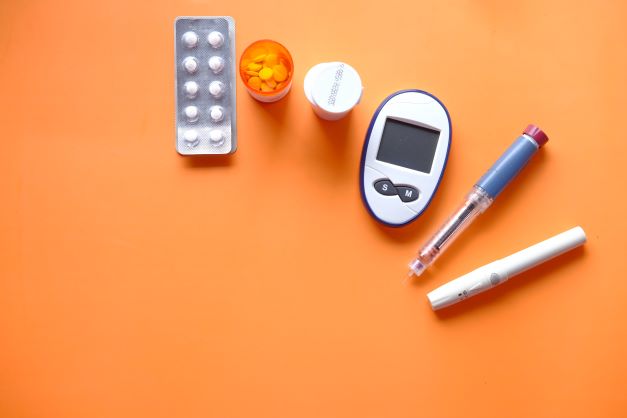01 Jun Issues Involving Diabetes and Dental Implants Success Rate
Diabetes and Dental Implants success rate.
Several people are wondering about the link between dental implants and diabetes such as the success or failure rate of the implantation process among individuals suffering from this medical condition. Are diabetic patients more likely to undergo failure during and after the placement of implants? Or is the success rate not impacted by this condition at all? Find out more about dental implant outcomes for people with diabetes. Plus any other concerns you may have while reading.
Overview on Diabetes and Its Types

There are generally two types of diabetes that affect individuals such as Type 1 and Type 2. The following are some facts about the two including the nature of the condition. Plus cause and other important details concerning the ailment.
1. Type 1 Diabetes
This condition is primarily due to the effects of an autoimmune reaction that destroys healthy cells in your pancreas. The cells are responsible for insulin production, and the destruction becomes progressive as the condition remains unaddressed. While the initial episodes of immune reactions are still unknown, some studies suggest certain factors contribute to this condition. For example, environmental factors, viral infections, and genetics.
2. Type 2 Diabetes
Obesity is the main issue associated with type 2 diabetes. Unfortunately, those who suffer from this condition have impaired wound healing and recovery. They are also prone to infections. And some oral issues that people with type 2 diabetes experience include periodontal disease, dry mouth, and caries.
Dental Implants and Diabetes – Are There Risks Involved?
Various factors impact the success or failure of dental implantation among diabetic patients. For example the age, severity of the condition, and the type of diabetes they suffer from. In some studies that involved 40 diabetics who underwent implantation at 2 clinical centers, at least 31 failures were noted. This accounted for the 85.6 percent success rate. In addition, of the 31 failures, 24 of these were noted during the initial year of the patient’s functional loading. To analyze the success percentage rate closer, it was assessed that there was an 85.5 percent success for the maxilla. 85.7 percentit was for the mandible. As for the anterior region, it was 83.5 percent successful. 85.6 percent success rate was for the posterior region.
Other studies conducted in 2008, in which 720 implants were used, the success rate in diabetic patients was 96 percent. In the case of healthy and non-diabetic patients, it is 98.1 percent. Further studies were conducted in 2010, and the survival rate for diabetics was 95 percent. Two years after implant placement.

Important Considerations
There are significant differences in the success rate and survival rate of dental implants in the case of diabetic patients . The outcome of the implantation process is influenced by many factors. For example, blood sugar control, physical fitness, alcohol consumption, and other medical conditions that affect bone or wound healing. With this in mind, it is important to consider these issues before proceeding. This is how we minimize the risk while increasing the chances of a successful dental implant.
If you want to get a Free consultation at our clinic, click here: CONTACT







Sorry, the comment form is closed at this time.